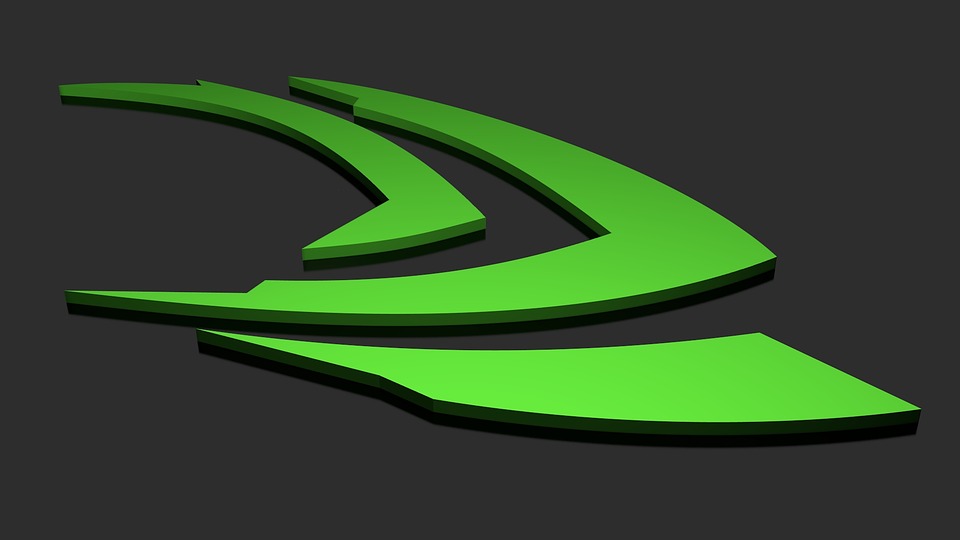Nvidia Corp’s (NASDAQ:NVDA) To Bring Fortnite Back To iOS Players Through Its GeForce Cloud Gaming Platform
Fortnite is reportedly coming back to iOS later this year through Nvidia Corp’s (NASDAQ:NVDA) cloud gaming service, GeForce Now. According to a BBC report, although the service has not officially been announced for iOS, it could be back before the holidays.
iOS players to enjoy Fortnite through GeForce cloud gaming
The BBC has reported that Nvidia has developed a GeForce version that can run inside the Safari web browser instead of a standalone app. This development implies that Fortnite gamers will now play the Epic games title on the Nvidia cloud gaming service. However, it is not clear if the cloud gaming service will have lag tines for players, which will affect gameplay.
Currently, Nvidia offers the GeForce gaming service for Android, Windows, Chromebook, and Mac computers. According to a BBC report, the new version will now be available to Apple mobile device users, which is a joy for over 73 million Fortnite players using iOS devices. If the move actualizes, Nvidia will be the only company whose cloud gaming service is supporting iOS users. Neither Google’s (NASDAQ:GOOGL) Stadia nor Amazon.com Inc.’s (NASDAQ:AMZN) Luna cloud gaming carries Fortnite.
Apple and Epic Games in a tussle over in-game payments
Apple users have not been apple to download the new versions of Fortnite after Epic games circumvented Apple’s rules regarding in-game payments. There have been restrictions on Apple’s game streaming services, which makes it burdensome to support gaming apps in the App Store. With the GeForce service, users can stream their game library to mobile phones and laptops that might not support them to run well.
There is a rule, and revenue conflict between Apple and Epic Games after the North Carolinian Company developed an in-game marketplace that didn’t subject transactions to 30% charges that Apple places on transactions carried on the platform. This maneuver was a violation of Apple’s terms of service, but Epic says the rules are unfair and a sign of the monopolistic hold of Apple over distributions of Apps on the App Store.

